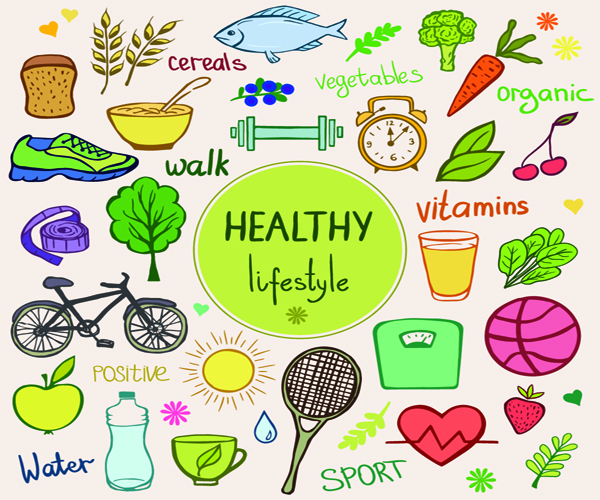Written by: Dr. Charlotte Markey
Kale, avocados, blueberries, salmon, acaí berries, Greek yogurt, and almonds are often touted as “superfoods,” as if they have magical superpowers. It’s not an accident that these foods receive a lot of attention; they are very nutrient-dense and contain more vitamins and minerals than the average food. It’s not a bad idea to eat these foods – at least sometimes.
However, it can be problematic to think about food as “good” or “bad” or even “super.”
Simplistic categorizing schemes can leave you feeling like you must eat certain foods and avoid others. This is problematic because we want to enjoy the food we eat and adopt eating habits that nourish us both psychologically and physically. It’s not true that some foods are so amazing that eating them is all you need to do to protect your health.
There is no official or scientific definition for the term superfood. When foods are called super, this often has much more to do with marketing than nutrition. Food labels may claim that a food is “natural,” “organic,” “healthy,” or “super,” but these labels often carry exaggerated health claims without sufficient scientific evidence. It’s important that we don’t rely on these labels when choosing what to eat. Further, we don’t all have the same preferences or dietary needs making it impossible for any superfood to be super for everyone.
Instead of focusing on individual foods as super, it is important to have a varied diet that contains foods you enjoy. Many foods are probably necessary to making your eating experiences fun and no single food can provide all the essential nutrients needed for optimal health. In fact, eating too many berries (blueberries, acaí berries or any other berries) is likely to lead to digestive upset; overdoing any one food may do more harm than good.
Although the marketing of superfoods may make it seem that eating a handful of foods is all that’s needed to be healthy, our health is much more complex. Health is affected by eating and activity habits, by our circumstances, access to resources (acaí berries are not inexpensive!), and many other factors. It’s worth considering what you can do to benefit your health. For example, getting enough sleep, walking your dog, and eating your favorite fruit (raspberries please!) may help you to feel your best.
The bottom line: “Superfoods” may be worth eating if you enjoy them but shouldn’t be relied on as the key to health.
*************************************************************************************************************
Dr. Charlotte Markey. Psychologist, professor and scientist, Dr. Markey has been a leading body image expert for more than two decades. Now, Dr. Markey applies her academic research, her findings after interviewing hundreds of girls, and her practical experience as mother of a teen to a new, evidence-based yet easy-to-read book for girls ages 9yrs -15yrs. THE BODY IMAGE BOOK FOR GIRLS: Love Yourself and Grow Up Fearless

